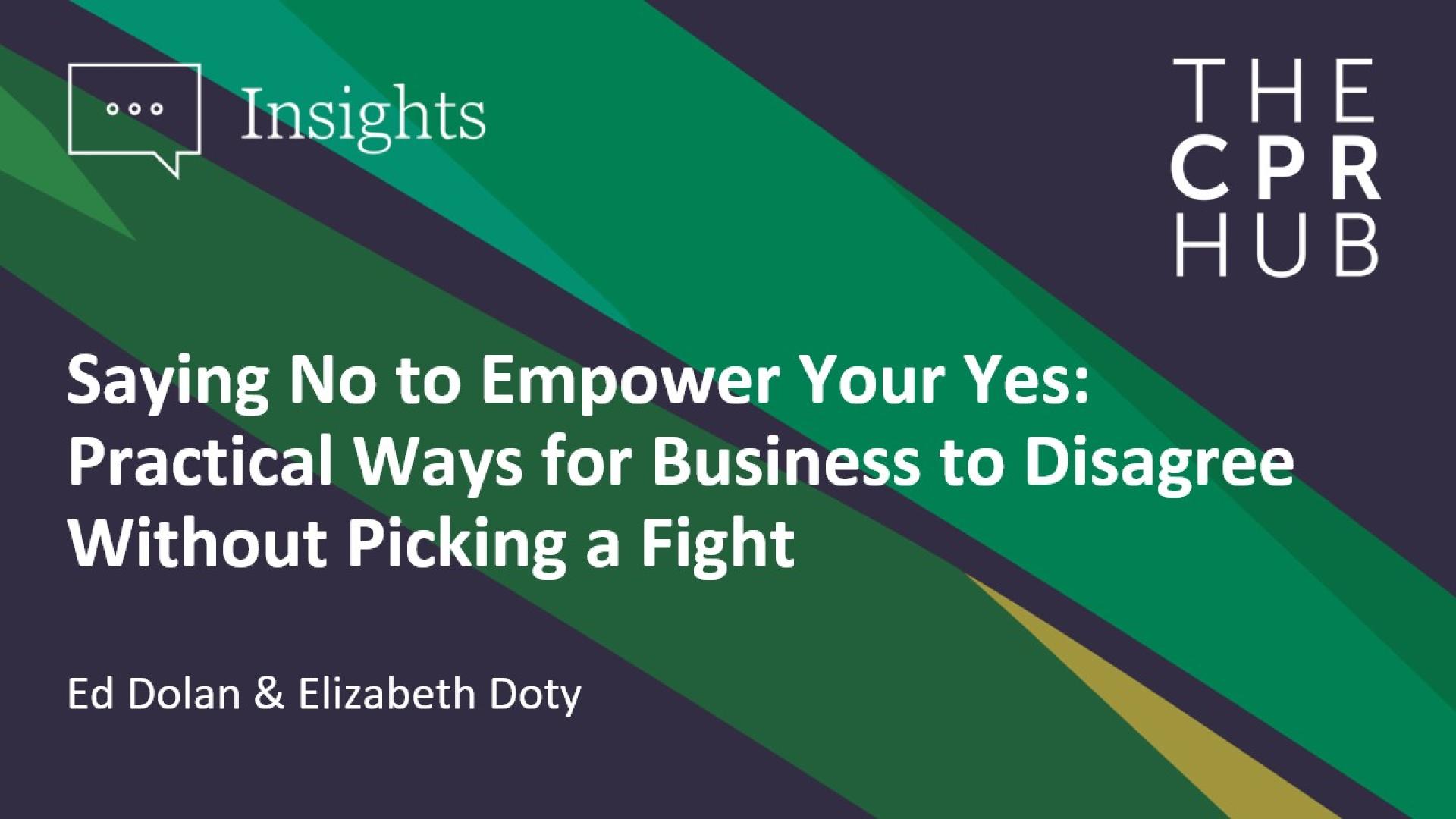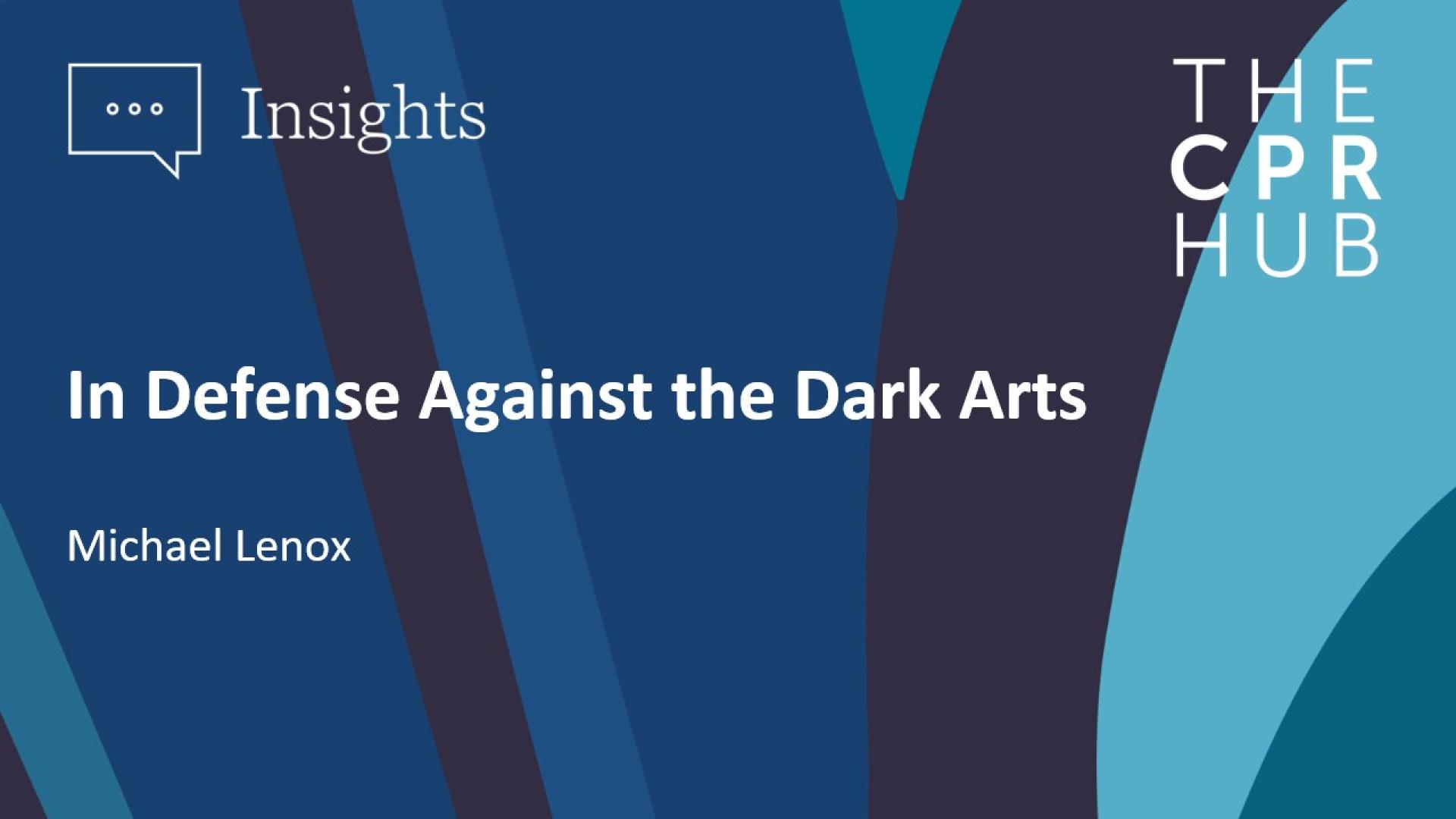In an increasingly polarized environment, the relationship between business and democracy is under growing scrutiny. What role—if any—should companies play in supporting constitutional norms, civil discourse, and institutional trust?
These are questions facing management teams across a wide range of functions, from public affairs, government relations, communications, legal, human resources, risk management, and finance. They are also relevant to investors and asset managers seeking to ensure their portfolio companies are well-prepared and business associations seeking to represent the collective interests of their members.
For the past decade or so, my work has focused on how businesses manage their engagement in the public sphere – including their public communications, internal communications, lobbying and political spending. On which issues should they engage? What is material to their long-term strategies? What approaches are helpful, defensible and effective? Which are harmful or illegitimate? Through the Erb Institute’s Corporate Political Responsibility Taskforce at the University of Michigan from early 2021 to late 2024 – just after the murder of George Floyd and up through the 2024 election season, our members helped develop and pilot a framework that could be tailored to each firm’s commitments and strategy.
I am especially excited now to launch the next chapter of our work at Erb Institute, with the launch of Third Side Strategies and The CPR Hub, which will focus on companies’ internal decision-making processes, including how they develop their Responsible Engagement Policies and collaborate across functions. In particular, you may want to view our overview, Why CPR -- which recaps the argument below in an easily shareable format.
Today, I would like to explore the evolving expectations surrounding corporate engagement in democratic life and consider the potential risks, responsibilities, and opportunities for business leaders navigating this complex terrain. My hope is that our conversation will help you refine your point of view and prepare you to take responsible action as conditions change.





Comments
Comment on this Insight